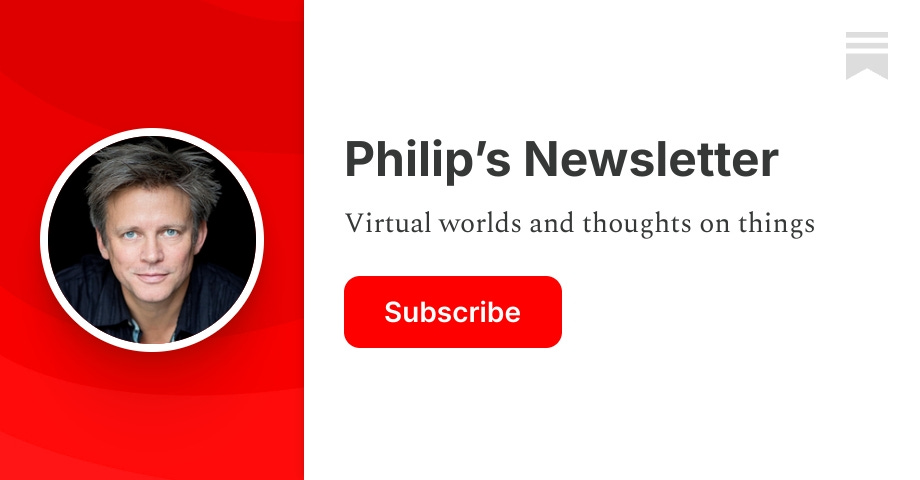Sublime
An inspiration engine for ideas
Vine’s “Find Friends” process was comparatively heavy, too. You had four tabs available: contacts, Twitter, Facebook, and search. Should you trust this new app with your contact list? Should you follow people from your address book, Twitter, or Facebook? Would people think it’s weird if you follow them? Should you feel bad if they don’t follow you ... See more
Every • The Boneyard Principle: Why the Next Big Thing Will Emerge From a Failed Idea
People ask questions on Google. "How do I make a dirty martini?", "What is the best electric car?", "Should I get vaccinated?". Google prioritizes links that answer these questions against a set of well developed rules. Those that rank typically do better serving the user. This too is The Algorithm. Hewing to the Google machine is called Search Eng... See more
Troy Young • People vs Algorithms
Another example: Ben Thompson, creator of the Stratechery newsletter
Anthony Pompliano • Writing for Leverage, Teenage Billionaires, The Problem with Mainstream Media, and More - David Perell on Off the Chain, Hosted By Anthony Pompliano • Podcast Notes
If Google wants to become a default on the layer below the search engine, it must find and occupy limited real estate on the browser layer. There are billions of websites out there … but only one default: Your browser homepage.
Julian Lehr • The Power of Defaults
The web creates new challenges for information retrieval. The amount of information on the web is growing rapidly, as well as the number of new users inexperienced in the art of web research. People are likely to surf the web using its link graph, often starting with high quality human maintained indices such as Yahoo! or with sea... See more
Larry Page • The Anatomy of a Large-Scale Hypertextual Web Search Engine

How to Find Good Online Content
Chris Best • Writers Writing, Readers Reading, Creators Creating
view. The